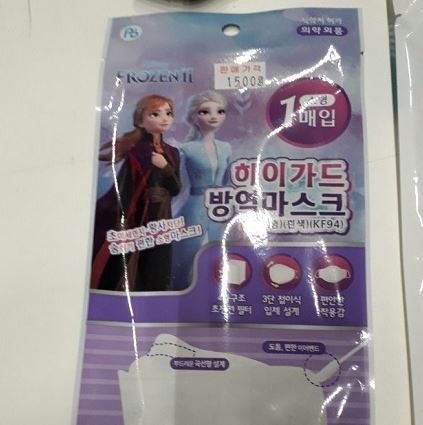OLAF launches enquiry into fake COVID-19 related products
The Coronavirus outbreak has regrettably offered new opportunities for fraudsters to profit from the high market demand for fake medical, personal protection, and hygiene products. The European Anti-Fraud Office (OLAF) has immediately opened an enquiry concerning the imports of fake COVID-19 related products, which are ineffective or even detrimental to health. OLAF and national customs administrations are working together to prevent these dangerous counterfeit or prohibited products entering the EU.
On 19 March 2020, the European Anti-Fraud Office (OLAF) opened a case in relation to the imports of fake products used in the fight against the COVID-19 infection, such as masks, medical devices, disinfectants, sanitisers and test kits. Since the very beginning of the pandemic, OLAF has been collecting intelligence and information on this illicit trafficking. The European Anti-Fraud Office is in close contact with competent authorities in Member States and third countries. We are providing information to Member State in real time.
Preventing these fake products from entering Europe is crucial to protect our health and fight effectively against the virus. On top of being ineffective against the virus, these products also fail to comply with EU standards, potentially damaging our health. For instance, they could provoke a dangerous bacterial contamination.
Fraudsters are attracted by potentially huge illicit profits. They want to take advantage of our distress and of our need, sometimes desperate, for these products. For example, counterfeit masks have been offered online in different EU Member States at prices ranging between 5€ and 10€, approximately three times the normal price. Fake face masks for children (see picture below) are also being ruthlessly smuggled.
The empirical evidence suggests that these counterfeit products enter Europe through online sales and are brought into our homes via postal or courier services. Nevertheless, they also arrive in containers with fake certificates, or declared as other products, and then find their way into the normal distribution channels, or are sold on the black market. Until the currently imposed travel bans, they also arrived smuggled through the border in suitcases of air passengers, or smuggled through the land borders.
